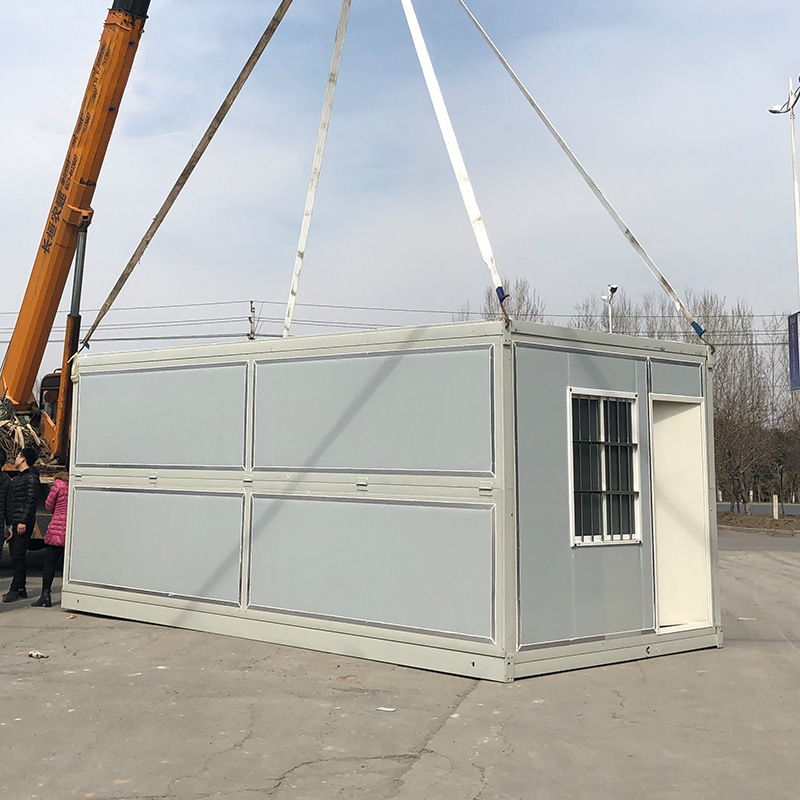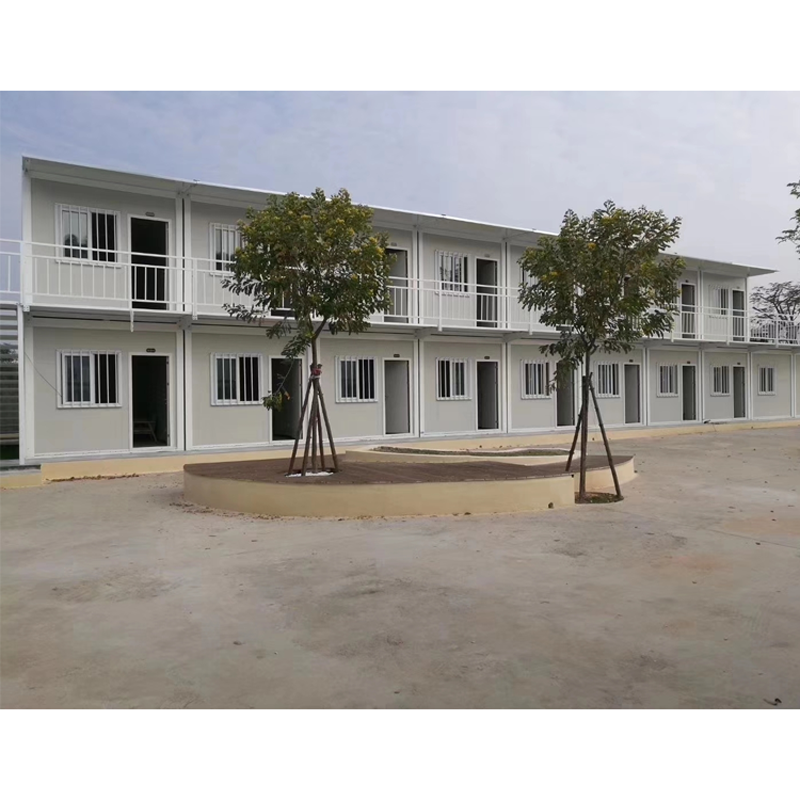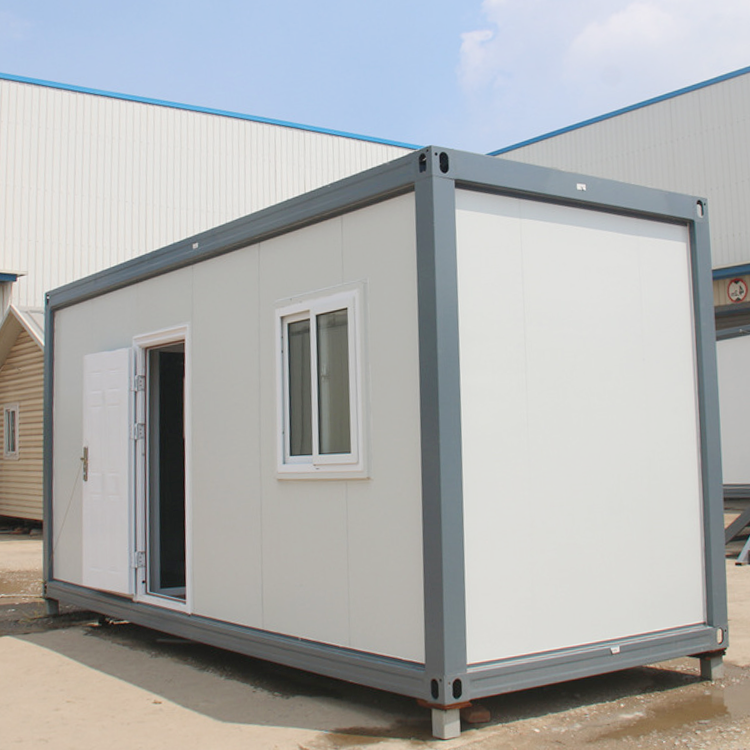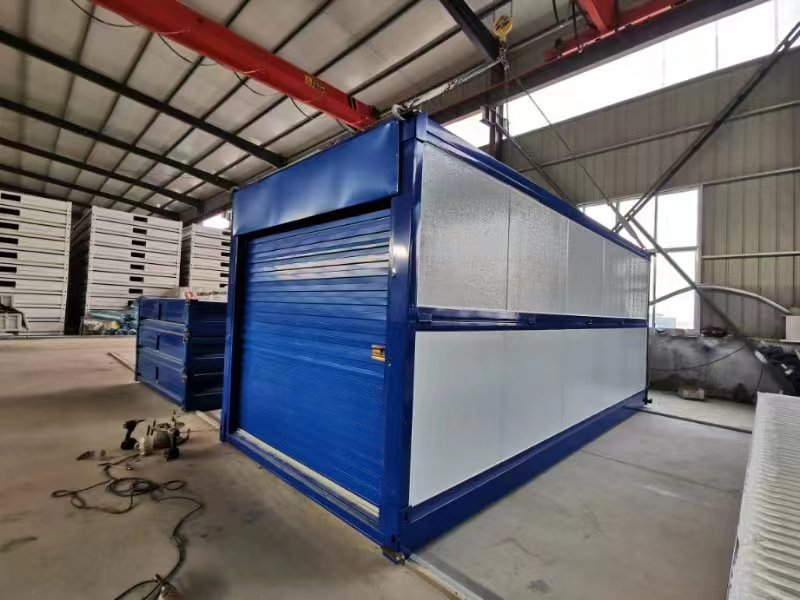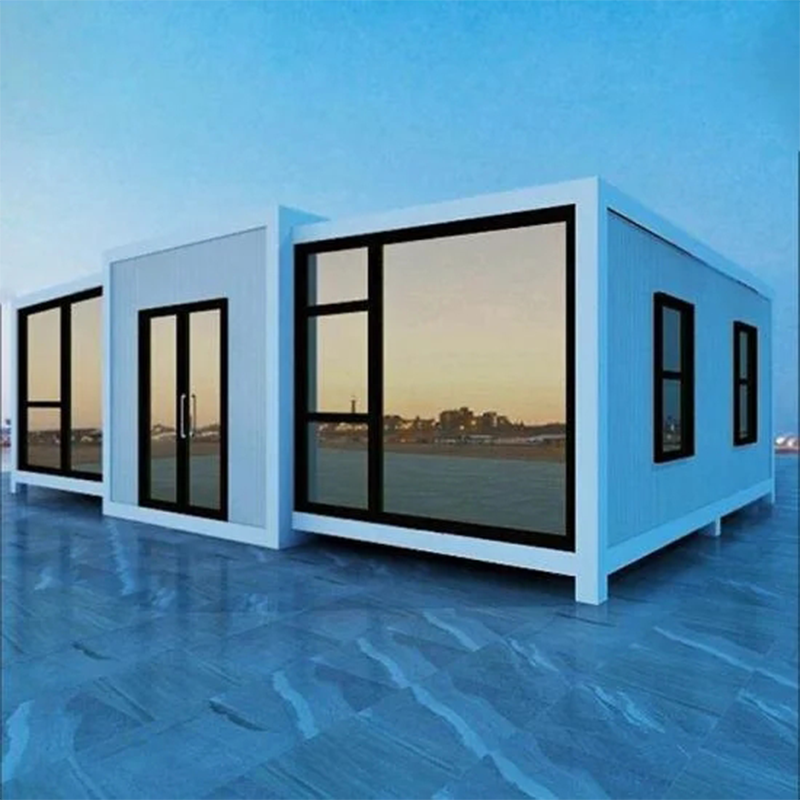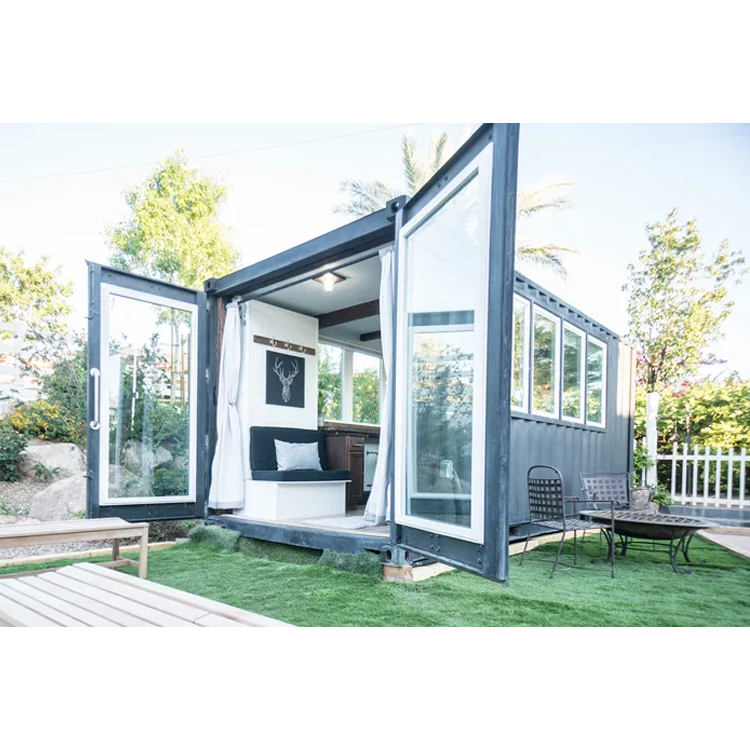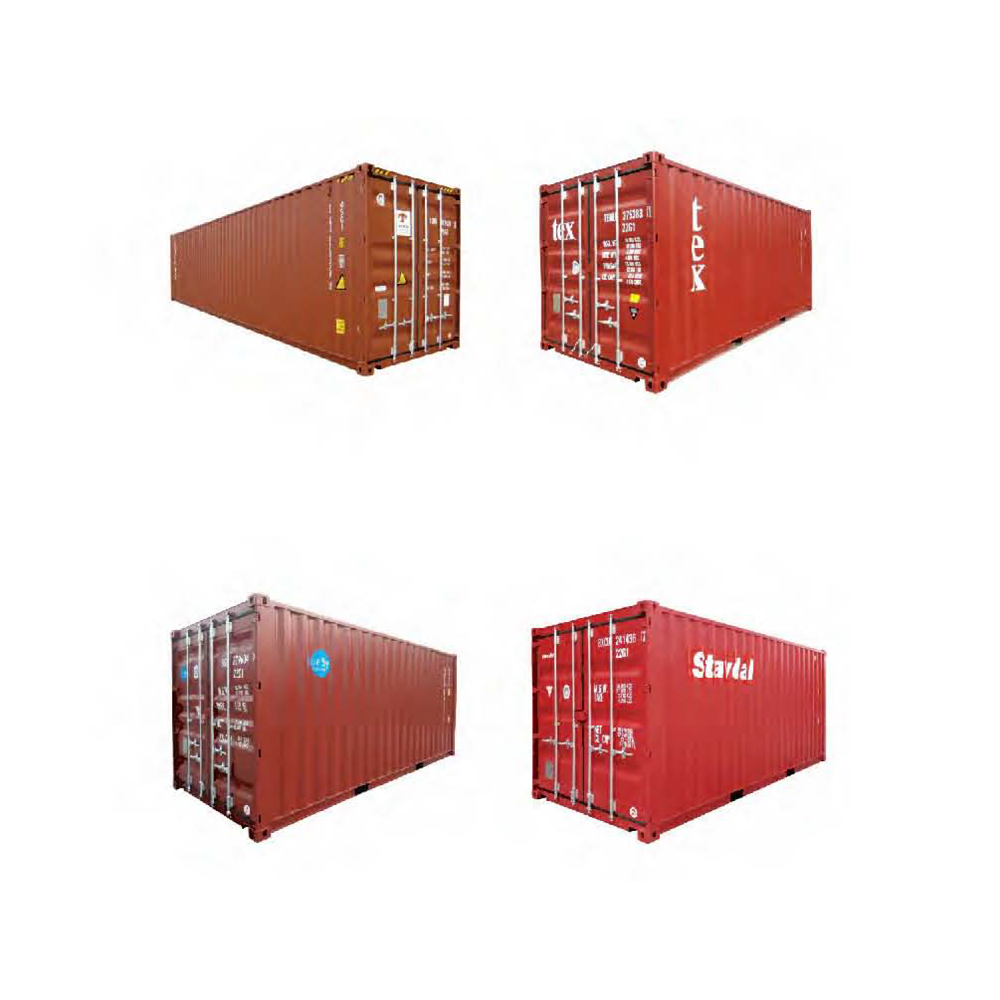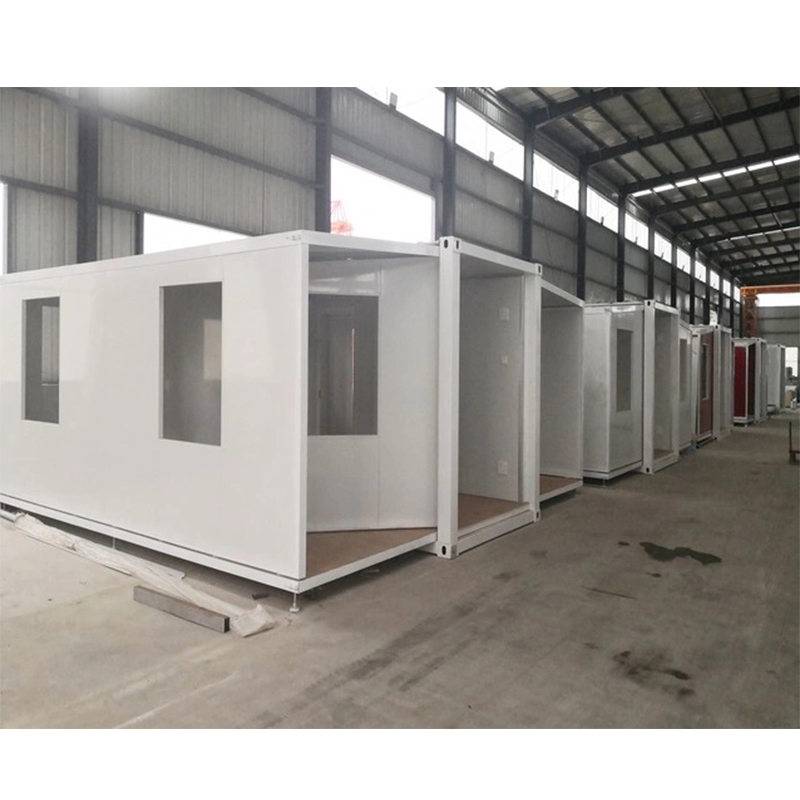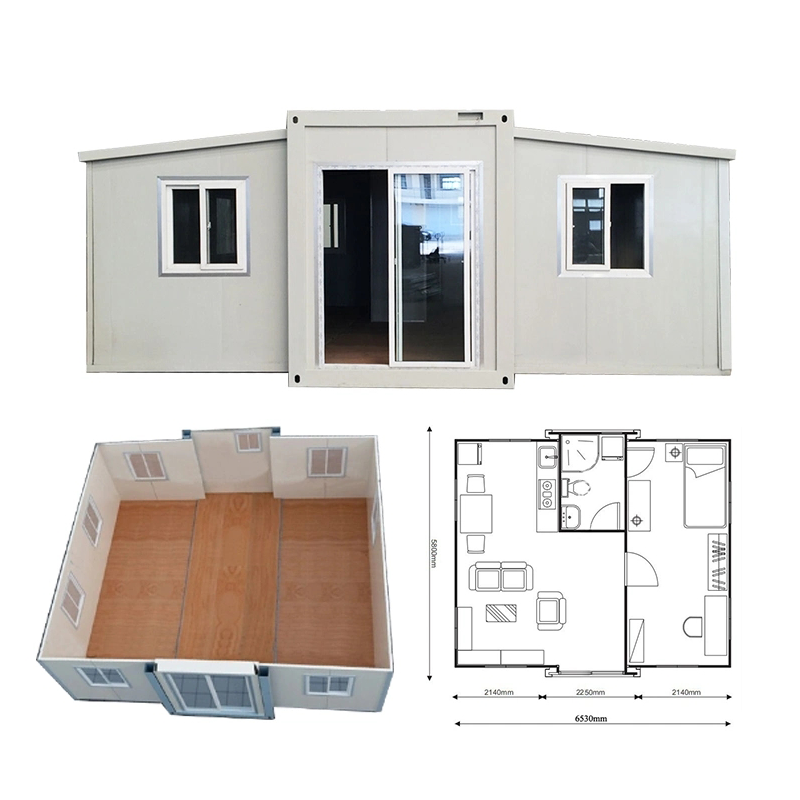What are the versatility of Modular Tiny Houses
Modular tiny houses have become increasingly popular in recent years as people seek affordable, sustainable, and customizable housing options. Combining the benefits of modular construction with the compact footprint of tiny homes, these dwellings offer a unique blend of flexibility and functionality.
At the heart of modular tiny houses lies their modular construction method. Unlike traditional site-built homes, modular tiny houses are constructed off-site in a factory setting, where individual modules or sections are prefabricated. These modules are then transported to the final location and assembled on-site, resulting in a faster and more efficient building process.
One of the key advantages of modular construction is its versatility. Modular tiny houses can be designed and customized to suit a wide range of preferences, needs, and budgets. From single-story cottages to multi-story homes, from minimalist designs to luxury finishes, the modular nature of these homes allows for endless possibilities in terms of layout, style, and amenities.
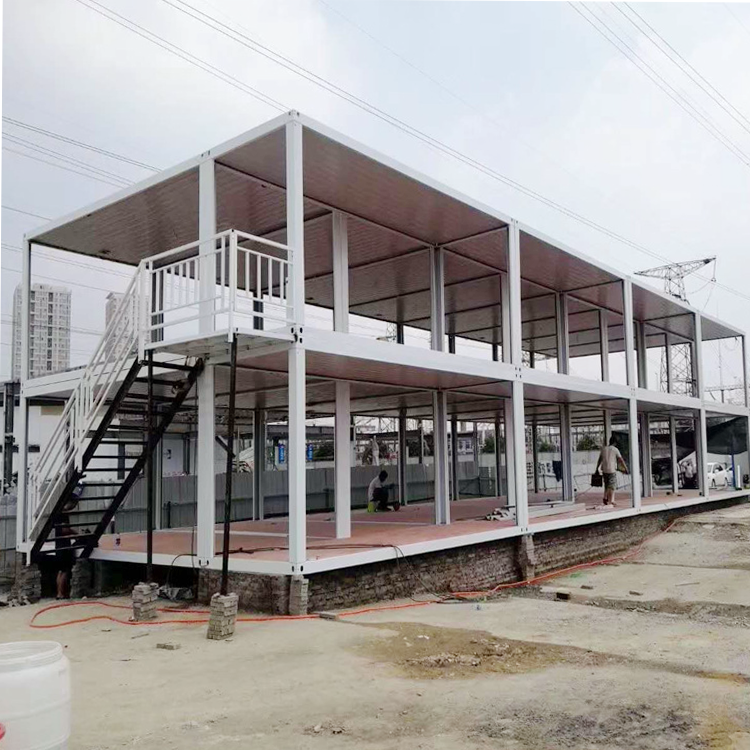
Moreover, modular tiny houses offer the flexibility to adapt to changing needs and lifestyles. As families grow or priorities shift, additional modules can be added to expand living space, or existing modules can be reconfigured to accommodate new functions. This adaptability makes modular tiny houses an ideal solution for individuals and families seeking a long-term housing solution that can evolve with them over time.
In addition to their versatility, modular tiny houses are also known for their affordability. The controlled environment of a factory setting allows for greater efficiency and cost-effectiveness in construction. Reduced material waste, streamlined assembly processes, and economies of scale all contribute to lower overall costs compared to traditional site-built homes.
Furthermore, modular construction lends itself well to sustainability. Many modular tiny house manufacturers prioritize environmentally friendly materials and construction practices, minimizing the ecological footprint of these homes. Additionally, the efficiency of modular construction results in tighter building envelopes and better energy performance.
Despite their many advantages, modular tiny houses are not without challenges. Zoning regulations, permitting requirements, and access to suitable land can all impact the feasibility of building and living in a modular tiny house. Additionally, while modular construction offers efficiency and cost savings, customization and site preparation costs can vary, affecting the overall affordability of the project.
In conclusion, modular tiny houses represent a modern and innovative approach to housing design and construction. Combining the benefits of modular construction with the compactness of tiny homes, these dwellings offer unparalleled flexibility. As the demand for affordable and customizable housing options continues to grow, modular tiny houses are poised to play an increasingly important role in meeting the diverse housing needs of individuals and families around the world.

